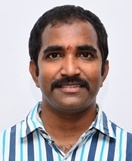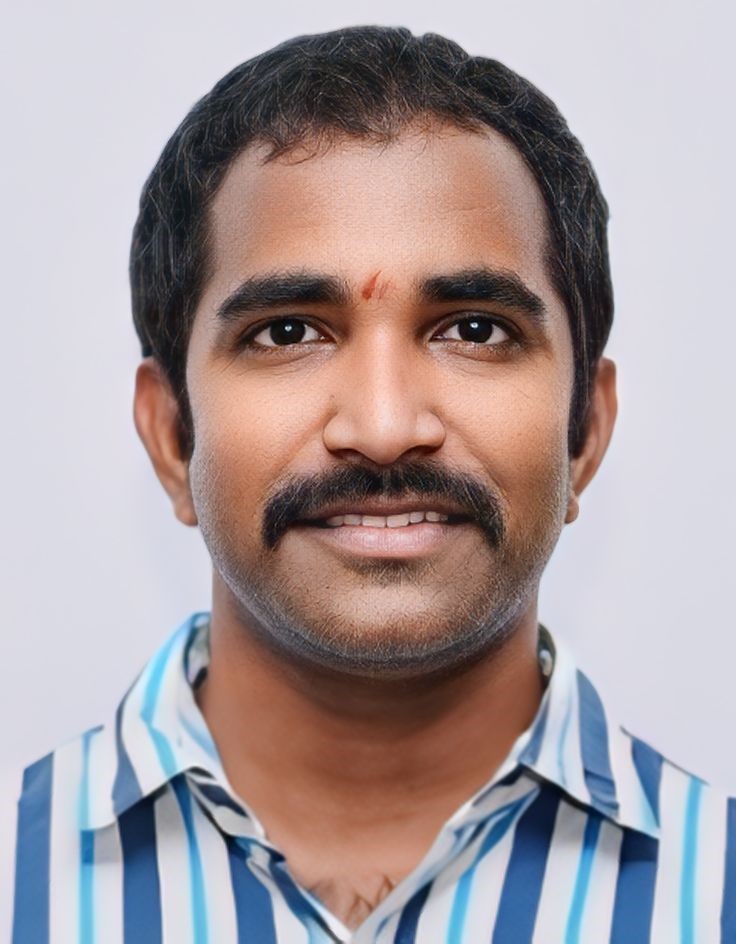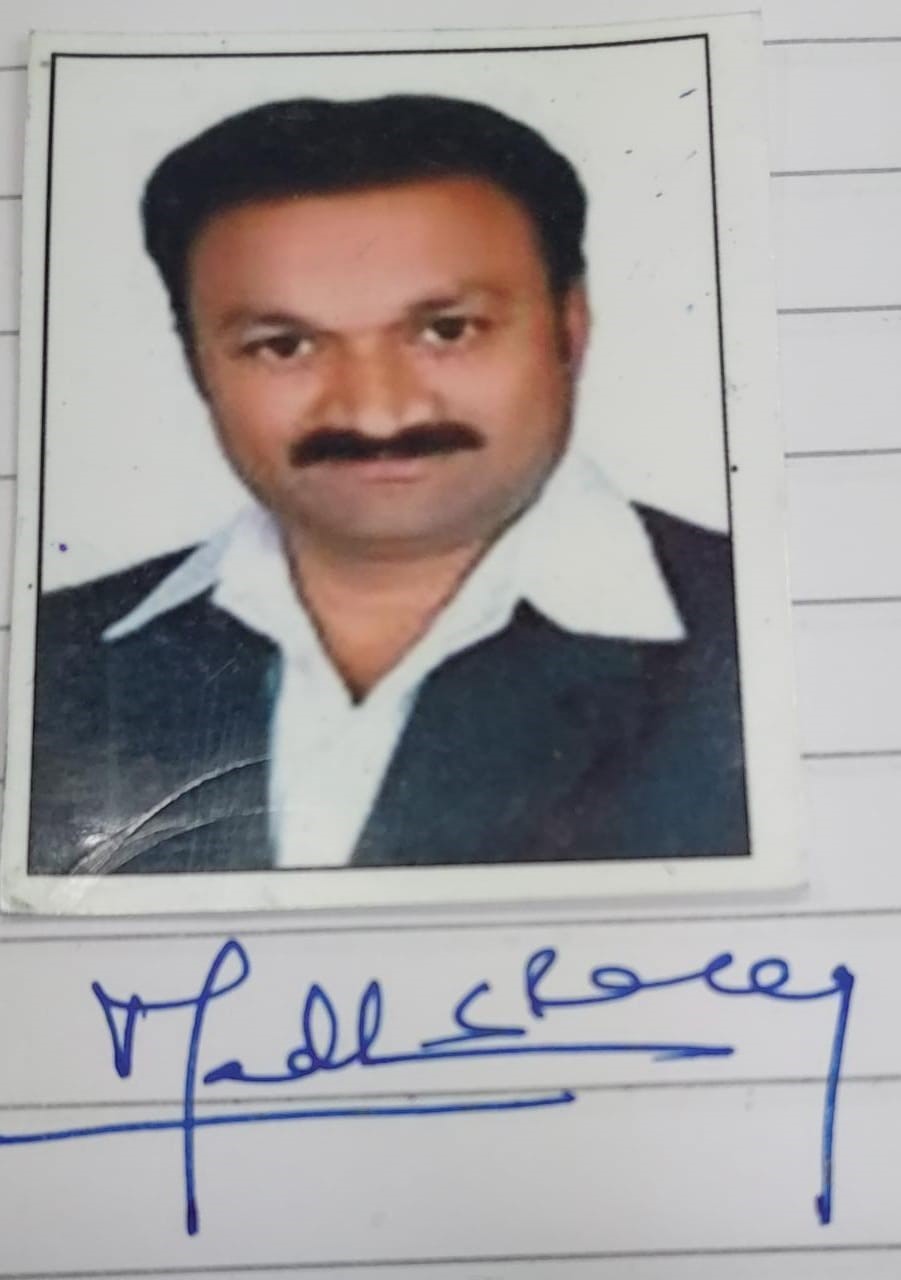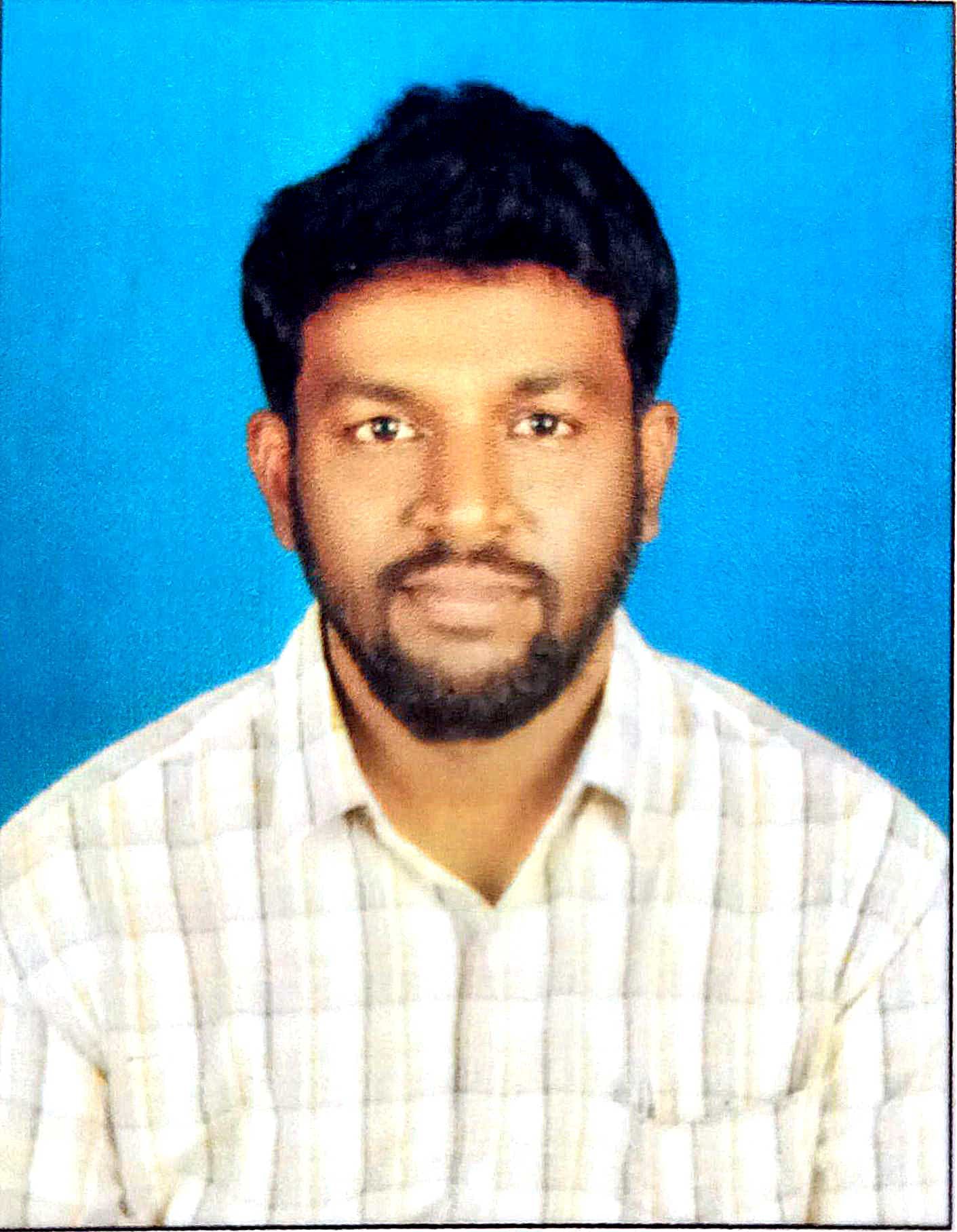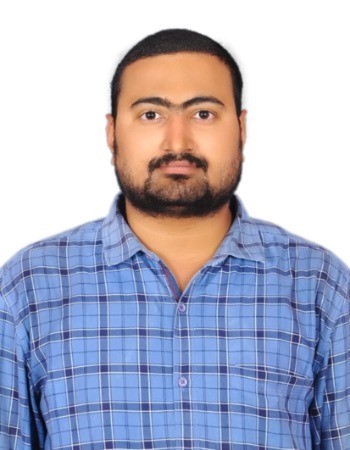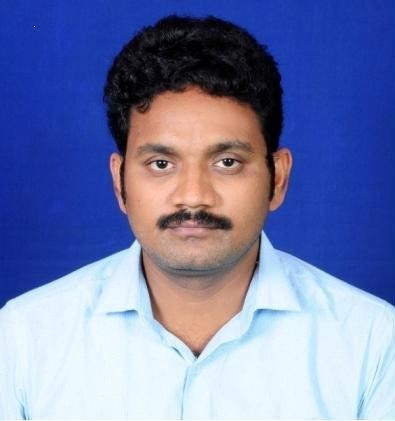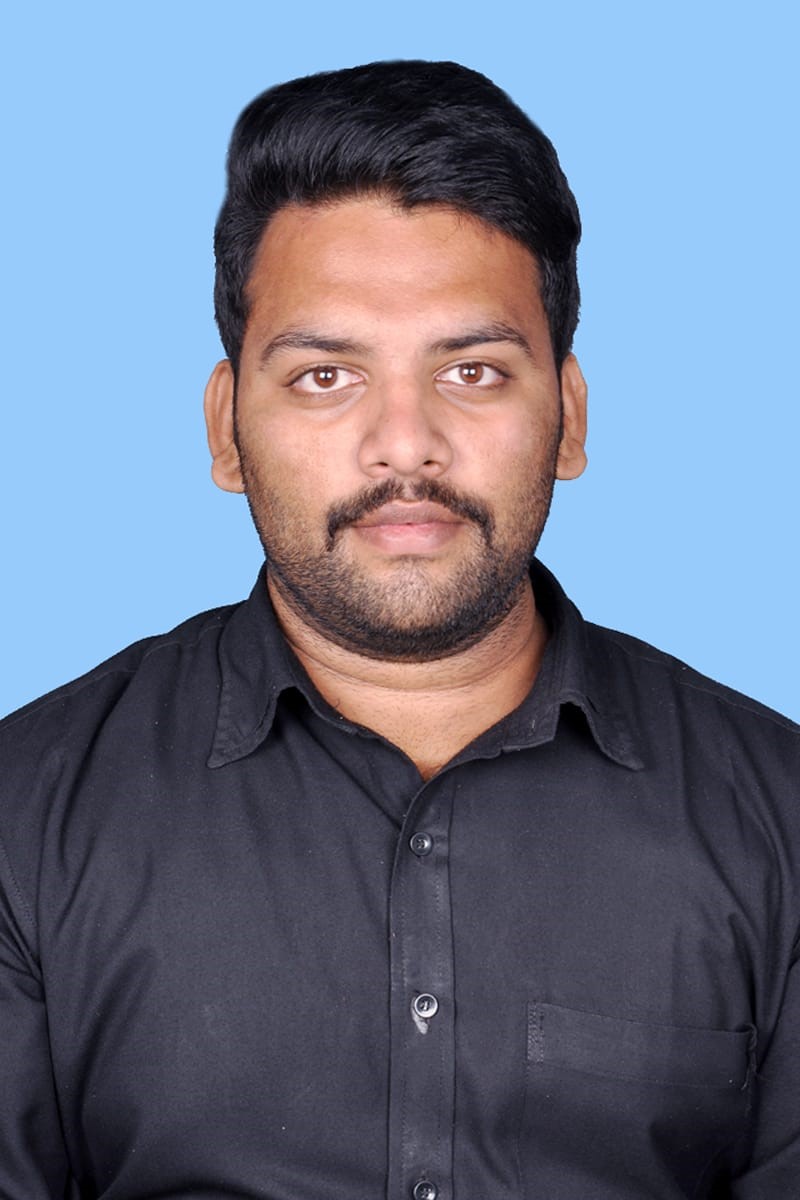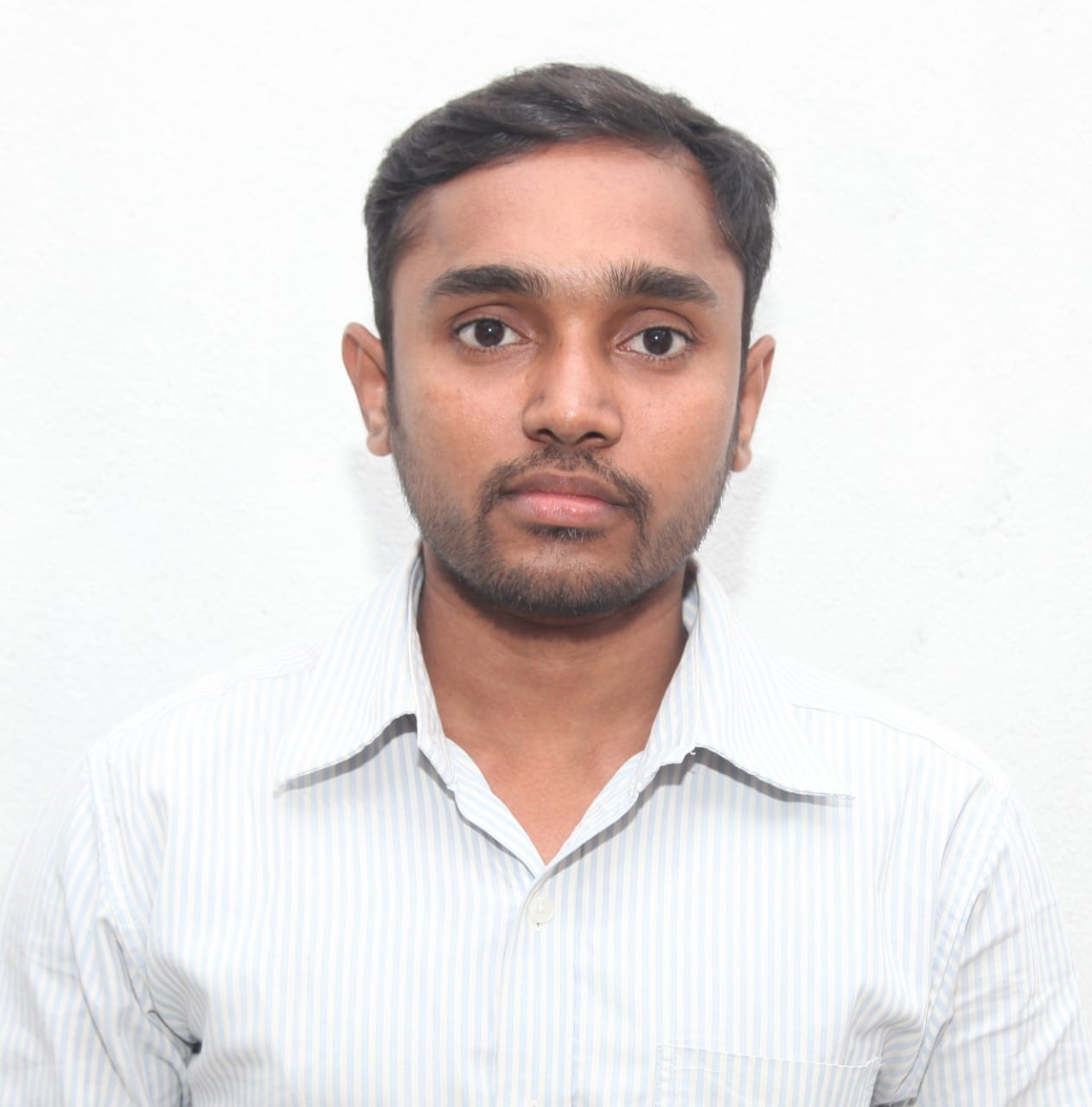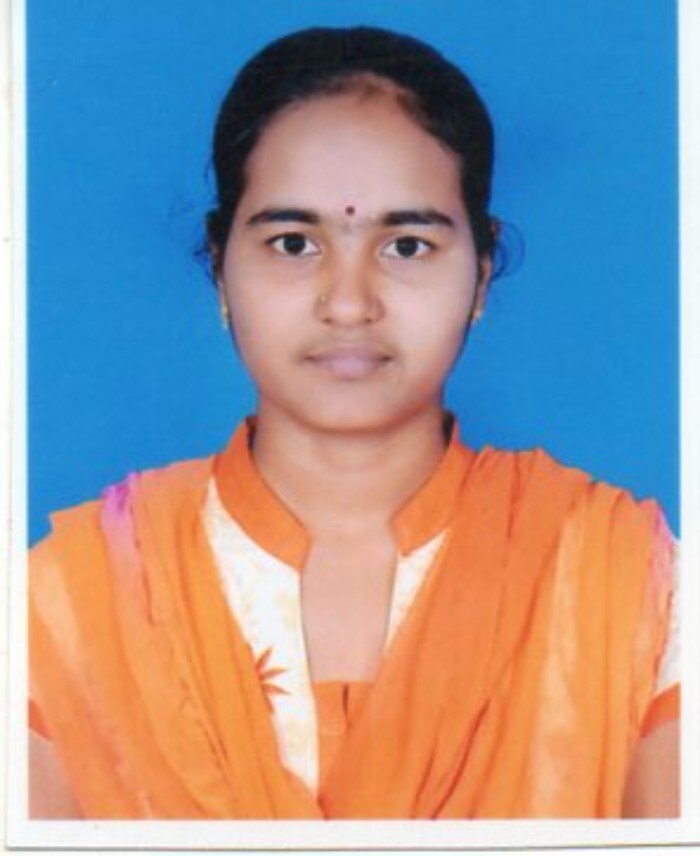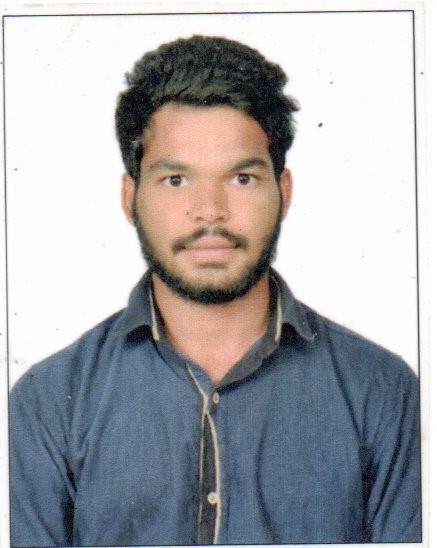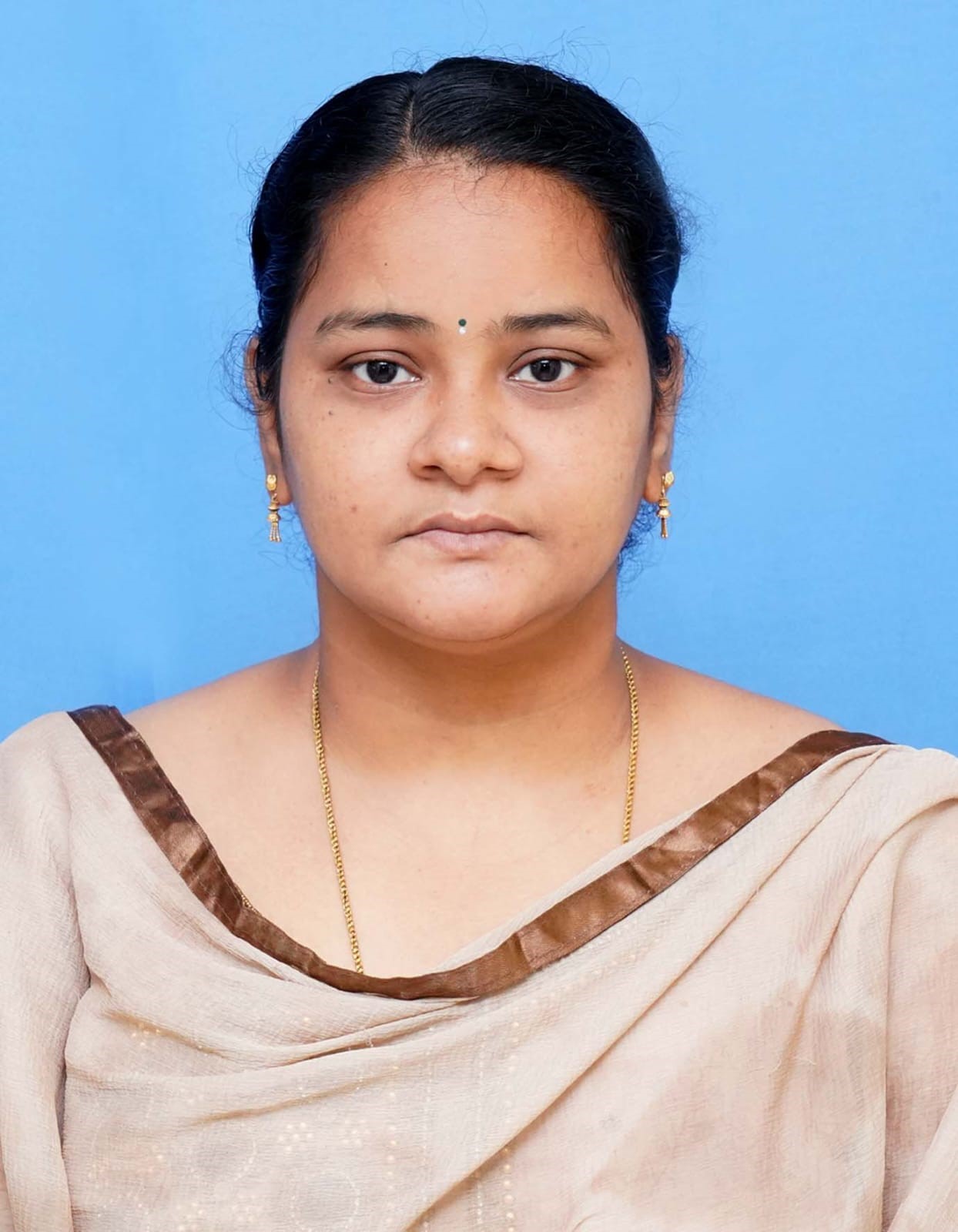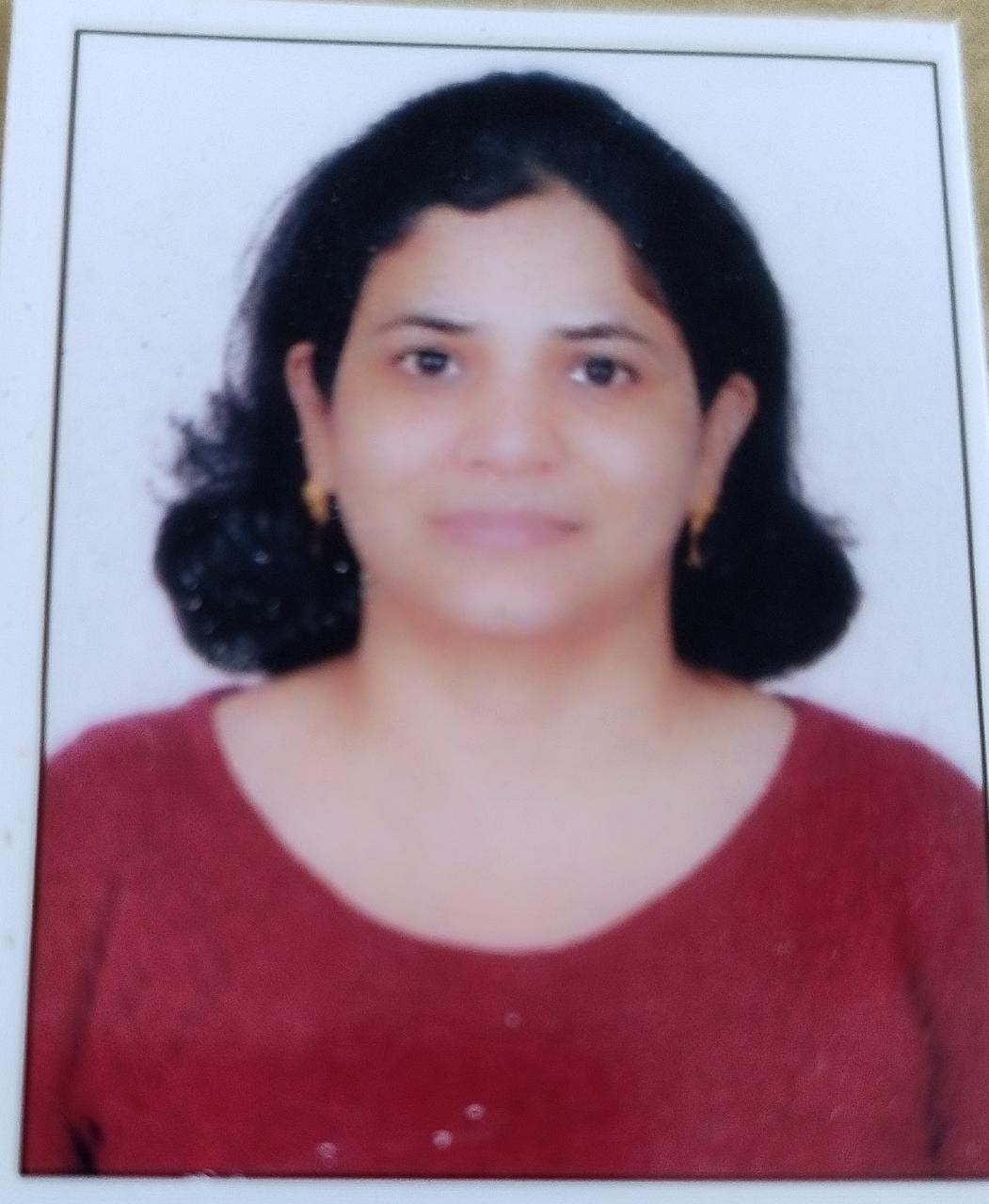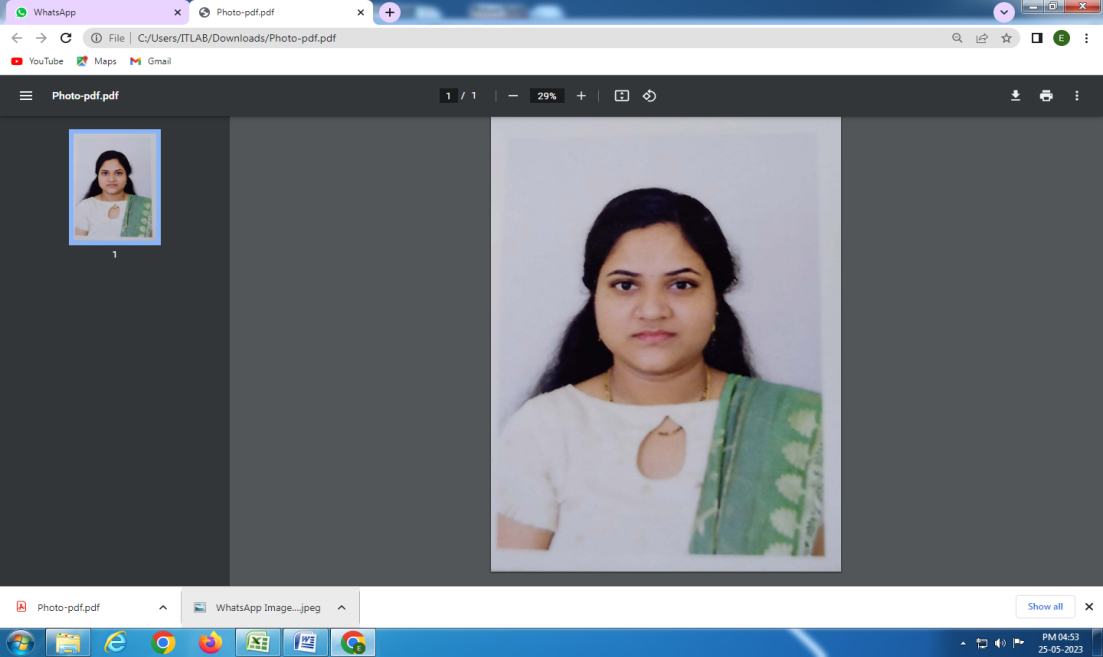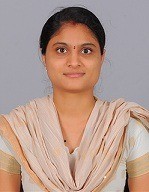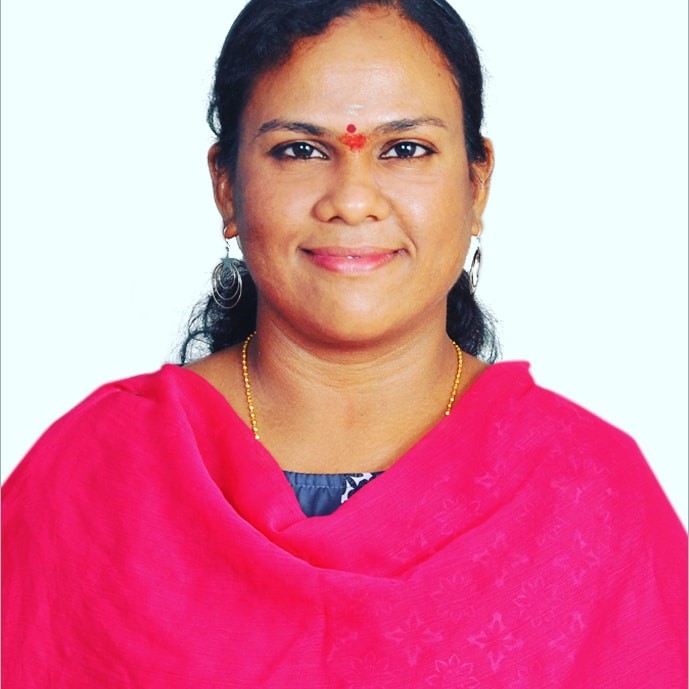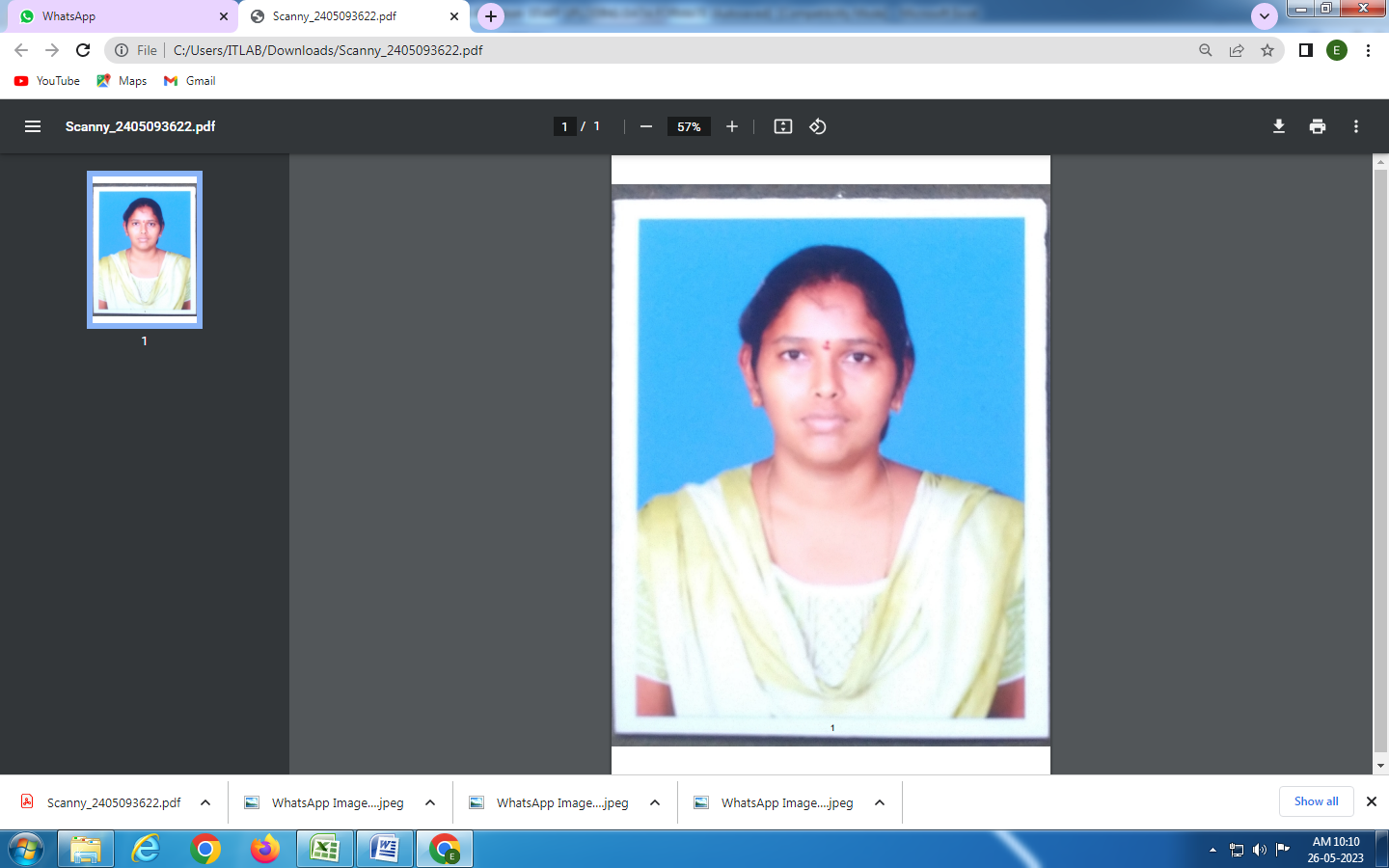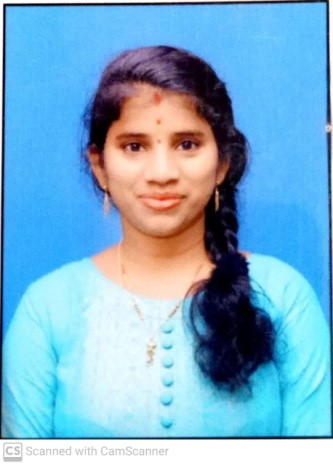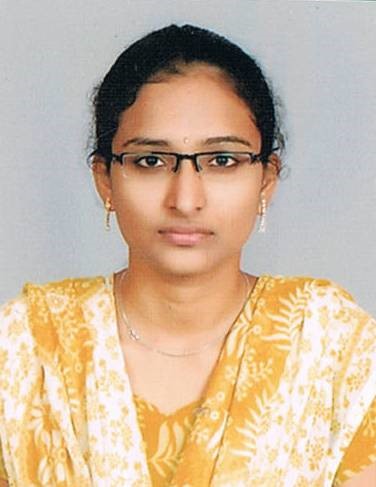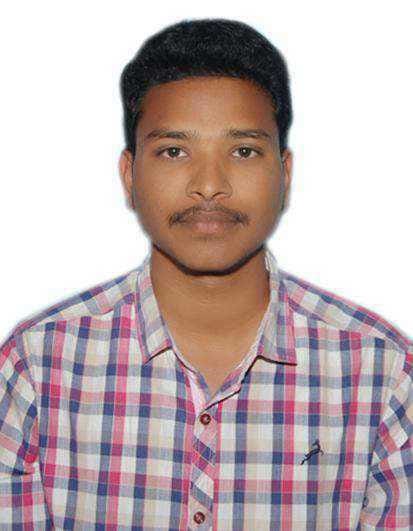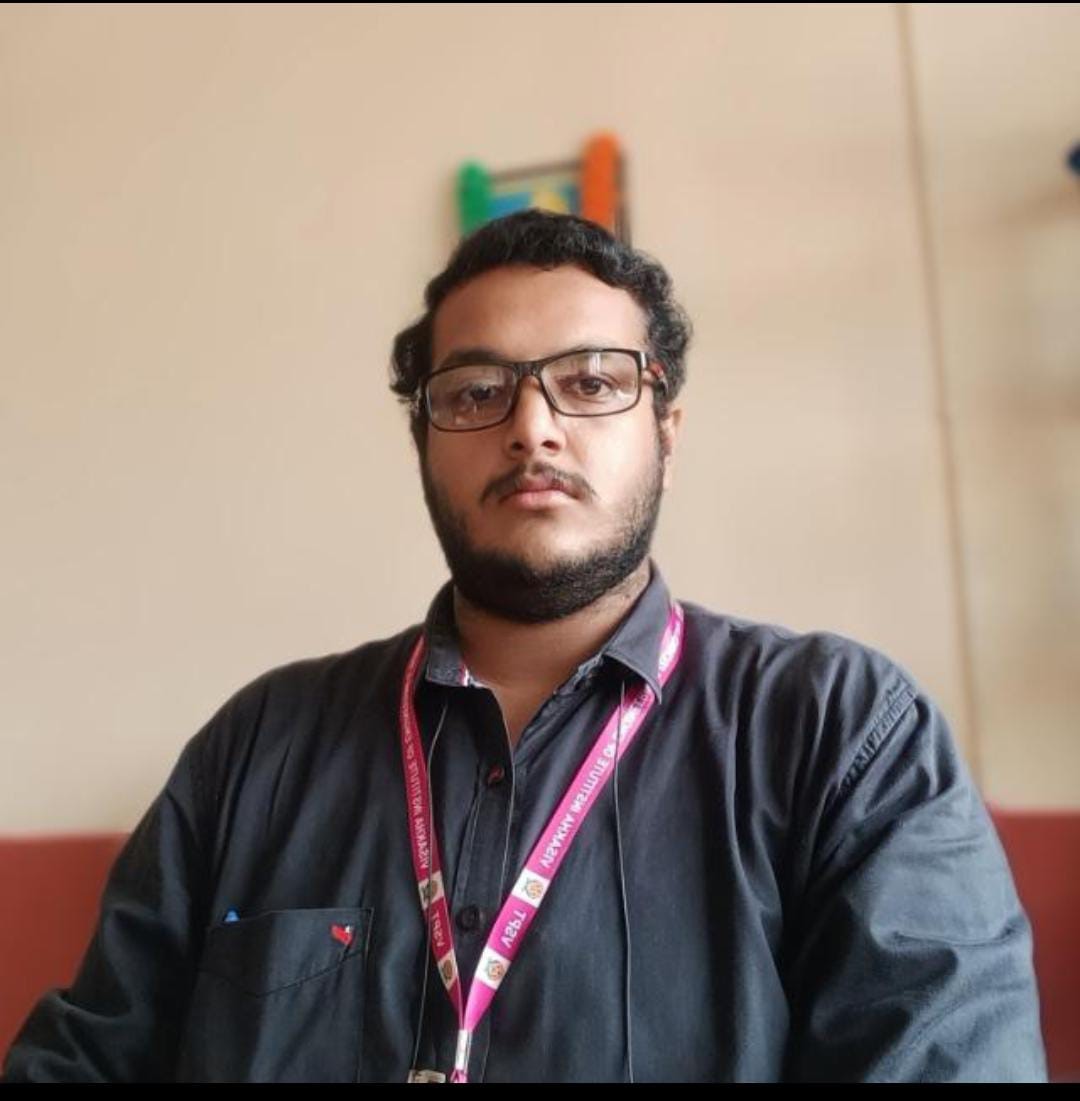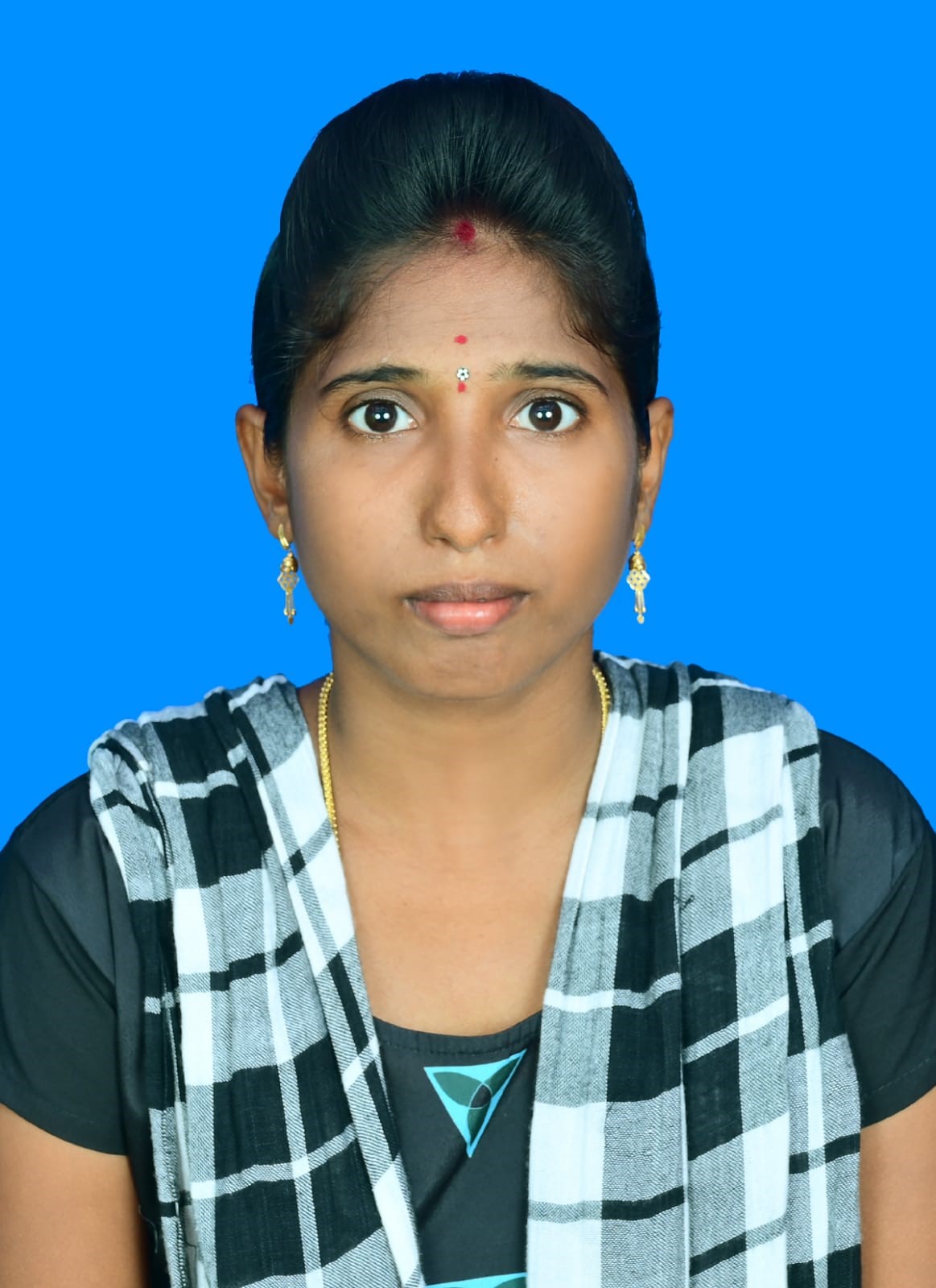COLLEGE CODE

Headlines
EEE DEPARTMENT
ABOUT DEPARTMENT
DEPARTMENT OF ELECTRICAL AND ELECTRONICS ENGINEERING, Established as one of the major departments of the Institute, the Department of Electrical and Electronics Engineering Visakha Institute of Engineering and Technology strives to produce highly competent engineers equipped with advanced professional knowledge, professional and ethical attitude, entrepreneurial thinking, analytical skills and critical problem solving through effective teaching learning process, research and industrial collaboration.
The faculties of the department, a rich blend with academic and industrial experience, have been constantly carrying out research on many cutting edge technologies .The academic quality of the department is reflected by the opportunities won by the students and the distinguished positions in industry and academia occupied by alumni.
The department strives to upgrade the knowledge of faculty and students by organizing various Workshops, Industry-Institute Interactions, Continuous Improvement Programs inviting eminent personalities from Industry and academic Institutions, Seminars and Research activities. Students are provided internship programs in various power plants and industries like Reliance, HPCL, GMR, GVK, VPT, Vizag steel plant, , APEPDCL etc.
The department is accredited by NAAC with “A” Grade.
The department has well equipped laboratories such as Electrical Machines laboratory, Power System Simulation Laboratory, Control Systems laboratory, Electrical Measurements & Instrumentation laboratory, Power Electronics Laboratory, Electrical workshop laboratory and Electrical Circuits Laboratory. The department spares no expense to equip the labs with latest equipment like, Three Phase AC Integrated Machine, DC Integrated Machine, and technical software like MATLAB & P-Spice.
The department of Electrical and Electronics Engineering is committed to innovation and excellence in teaching and research, service and provide programs of the high quality, collaborative efforts with industry to produce world class engineering professionals.
VISION AND MISSION
VISION
The department of Electrical and Electronics Engineering is committed to innovation and excellence in teaching and research, service and provide programs of the high quality, collaborative efforts with industry to produce world class engineering professionals.
MISSION
⇒ To inculcate value based socially committed professionalism to the cause overall development of student and society./p>
⇒ Cultivate the spirit of entrepreneurship and the connection between engineering and business that encourages technology commercialization./p>
⇒ IImprove continuously the engineering pedagogical methods employed in delivering its academic programs
⇒ Evolve thoughtfully in response to the needs of industry, society and the changing world./p>
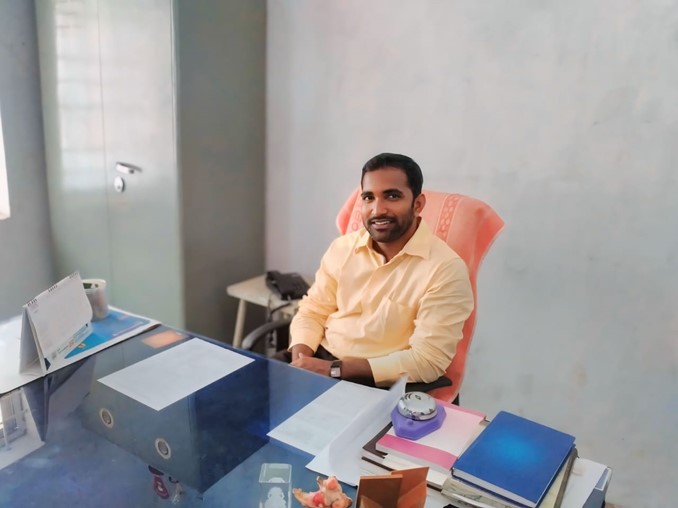
Wish you all the best and have a bright future ahead
Courses Offered
B.Tech
ENGINEERING COURSES / AP EAPCET - 2024
| B.TECH COURSES | EEE |
|---|---|
| NO OF SEATS | 60 |
| TUTION FEE CQ PER YEAR | 43,000 |
ENGINEERING COURSES – LATERAL ENTRY (AP ECET-2024)
| B.TECH COURSES | EEE |
|---|---|
| NO OF SEATS | 53 |
| TUTION FEE CQ PER YEAR | 43,000 |
M.Tech
| M.TECH COURSES | POWER SYSTEMS |
|---|---|
| NO OF SEATS | 18 |
| TUTION FEE CQ PER YEAR | 43,000 |
STAFF DETAILS
Faculty Name |
MR. VARAPRASAD .K. S. B |
Qualification |
M.Tech (Ph.D) |
Designation |
ASSOCIATE PROFESSOR & HOD |
Experience |
14 |
Faculty Name |
Dr G MADHUSUDHANA RAO |
Qualification |
Ph.D |
Designation |
PROFESSOR |
Experience |
24 |
Faculty Name |
Mr D J TATAJI |
Qualification |
M.Tech (Ph.D) |
Designation |
ASSISTANT PROFESSOR |
Experience |
10.5 |
Faculty Name |
Dr P VAMSI KRISHNA |
Qualification |
M.Tech, Ph.D |
Designation |
ASSISTANT PROFESSOR |
Experience |
1 |
Faculty Name |
Mr T SREENU |
Qualification |
M.Tech (Ph.D) |
Designation |
ASSOCIATE PROFESSOR |
Experience |
14 |
Faculty Name |
Mr CH B R SRIKANTH |
Qualification |
M.Tech (Ph.D) |
Designation |
ASSISTANT PROFESSOR |
Experience |
4 |
Faculty Name |
Mr T SANTHOSH |
Qualification |
M.Tech |
Designation |
ASSISTANT PROFESSOR |
Experience |
10 |
Faculty Name |
Mrs R MAHALAKSHMI |
Qualification |
M.Tech |
Designation |
ASSISTANT PROFESSOR |
Experience |
3 |
Faculty Name |
Mr BURIDI GANESH |
Qualification |
M.Tech |
Designation |
ASSISTANT PROFESSOR |
Experience |
3 |
Faculty Name |
Mrs S JYOTHI RANI |
Qualification |
M.Tech |
Designation |
ASSISTANT PROFESSOR |
Experience |
6 |
Faculty Name |
Mrs NARGIS CHAUHAN |
Qualification |
M.Tech |
Designation |
ASSISTANT PROFESSOR |
Experience |
5 |
Faculty Name |
Mrs B ROHINI |
Qualification |
M.Tech |
Designation |
ASSISTANT PROFESSOR |
Experience |
5 |
Faculty Name |
Mrs K L S KUMARI |
Qualification |
M.Tech |
Designation |
ASSISTANT PROFESSOR |
Experience |
7 |
Faculty Name |
Ms A S L V SWATHI |
Qualification |
M.Tech |
Designation |
ASSISTANT PROFESSOR |
Experience |
4 |
Faculty Name |
Mr G RAVI TEJA |
Qualification |
M.Tech |
Designation |
ASSISTANT PROFESSOR |
Experience |
4 |
Faculty Name |
Mrs G NIRMALA |
Qualification |
M.Tech |
Designation |
ASSISTANT PROFESSOR |
Experience |
4 |
Faculty Name |
Mrs CH BALA SARASWATHI |
Qualification |
M.Tech |
Designation |
ASSISTANT PROFESSOR |
Experience |
5 |
Faculty Name |
Mrs M D L SARANYA |
Qualification |
M.Tech |
Designation |
ASSISTANT PROFESSOR |
Experience |
2 |
Faculty Name |
Mr P MOHAN KRISHNA |
Qualification |
M.Tech |
Designation |
ASSISTANT PROFESSOR |
Experience |
4 |
Faculty Name |
Mr P SHRAVAN KUMAR |
Qualification |
B.Tech (M.Tech) |
Designation |
Sr. LECTURER |
Experience |
3 |
Faculty Name |
Mrs G. HIMAJA |
Qualification |
B.Tech (M.Tech) |
Designation |
LECTURER |
Experience |
2 |
PEO's ,PSO's & PO's
UG
Program Outcomes (POs)
1. Engineering knowledge: Apply the knowledge of mathematics, science, engineering fundamentals, and an engineering specialization to the solution of complex engineering problems.
2. Problem analysis: Identify, formulate, review research literature, and analyze complex engineering problems reaching substantiated conclusions using first principles of mathematics, natural sciences, and engineering sciences.
3. Design/development of solutions: Design solutions for complex engineering problems and design system components or processes that meet the specified needs with appropriate consideration for the public health and safety, and the cultural, societal, and environmental considerations.
4. Conduct investigations of complex problems: Use research-based knowledge and research methods including design of experiments, analysis and interpretation of data, and synthesis of the information to provide valid conclusions.
5. Modern tool usage: Create, select, and apply appropriate techniques, resources, and modern engineering and IT tools including prediction and modelling to complex engineering activities with an understanding of the limitations.
6. The engineer and society: Apply reasoning informed by the contextual knowledge to assess societal, health, safety, legal and cultural issues and the consequent responsibilities relevant to the professional engineering practice.
7. Environment and sustainability: Understand the impact of the professional engineering solutions in societal and environmental contexts, and demonstrate the knowledge of, and need for sustainable development.
8. Ethics: Apply ethical principles and commit to professional ethics and responsibilities and norms of the engineering practice.
9. Individual and team work: Function effectively as an individual, and as a member or leader in diverse teams, and in multidisciplinary settings.
10. Communication: Communicate effectively on complex engineering activities with the engineering community and with society at large, such as, being able to comprehend and write effective reports and design documentation, make effective presentations, and give and receive clear instructions.
11. Project management and finance: Demonstrate knowledge and understanding of the engineering and management principles and apply these to one’s own work, as a member and leader in a team, to manage projects and in multidisciplinary environments.
12. Life-long learning:< Recognize the need for, and have the preparation and ability to engage in independent and life-long learning in the broadest context of technological change.
Program Education Objectives (PEOs)
⇒ The program educational objectives of the Electrical Engineering Program at visakha institute of engineering and technology are that its graduates could demonstrate the following essential components of a successful engineer and/or consultant within two to four years of graduation:
⇒ To train the students of Electrical Engineering program so that they can work with government or private sector companies responsible for development of power sector & prove themselves in electrical maintenance for the industry.
⇒ To train students of Electrical Engineering program who can contribute to teaching profession, research & development by pursuing higher studies.
⇒ To train students of Electrical engineering program in a manner that they should function effectively in the multicultural and multidisciplinary groups in their practice of Electrical engineering profession.
Program Specific Outcomes (PSOs)
⇒ Graduates will demonstrate their knowledge in effective implementation during their practice of profession of Electrical Engineering with due regard to environment and social concerns.
⇒ Graduates will demonstrate their knowledge in analysis, design, erection and laboratory experimentation regarding Electrical Engineering.
⇒ Graduates will be motivated for continuous self learning in engineering practice and pursue research in advanced areas of Electrical Engineering in order to offer engineering services to the society, ethically.
Courses Outcomes
Laboratories
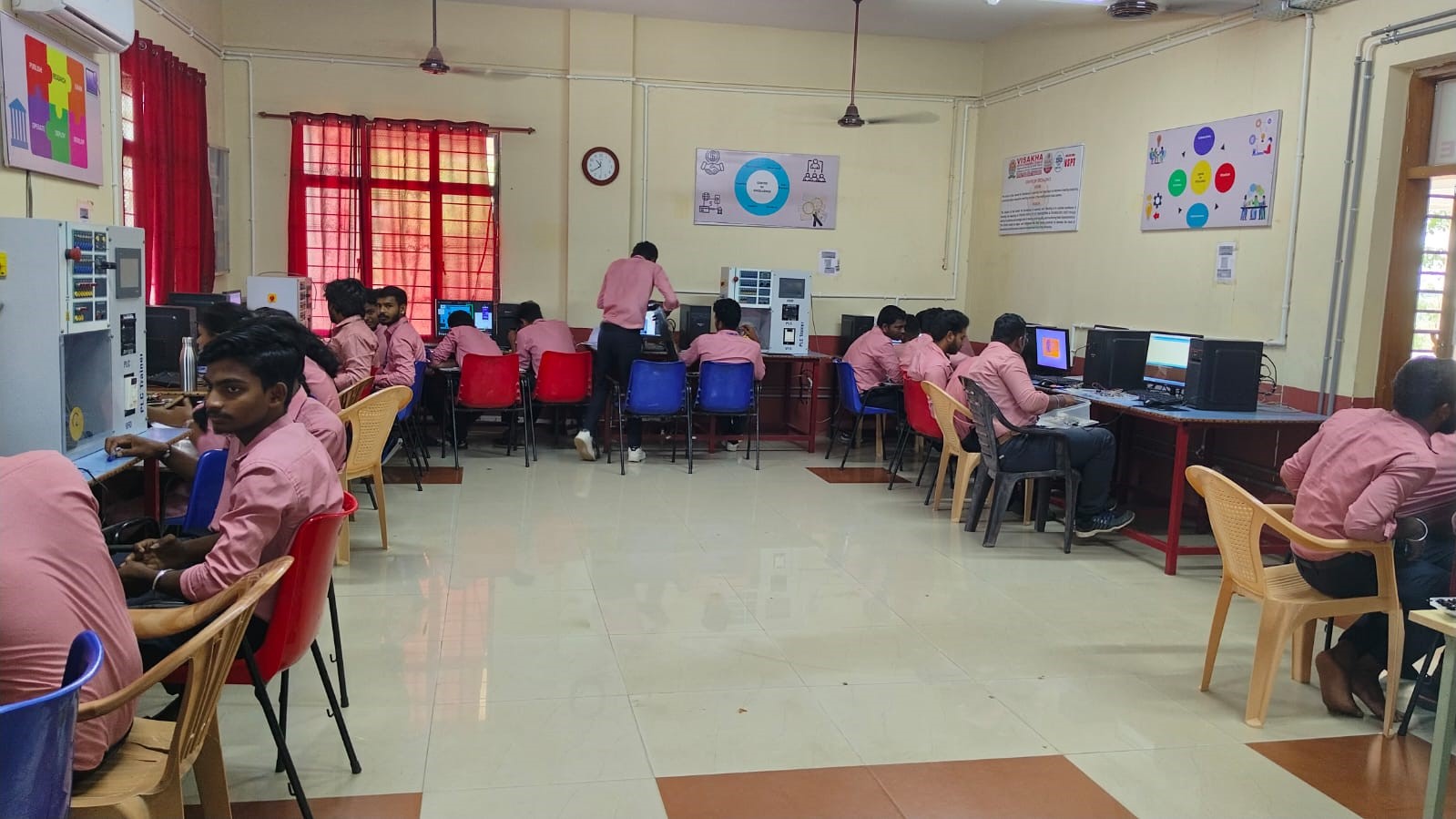
INTERNET OF THINGS LABORATORY

POWER ELECTRONICS
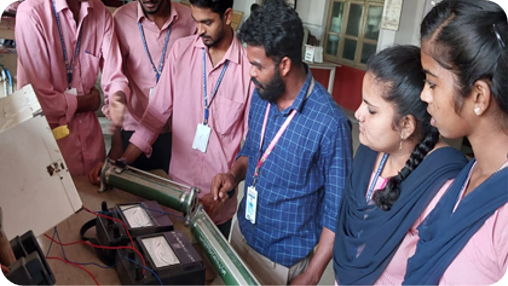
ELECTRICAL MEASUREMENTS AND INSTRUMENTATION
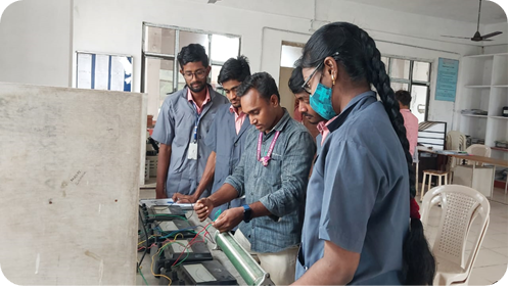
ELECTRICAL CIRCUITS
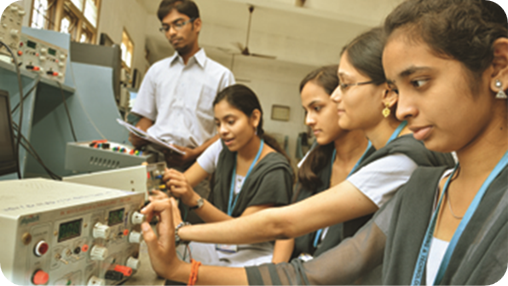
CONTROL SYSTEMS
Lesson Plans
II
III
IV
Student Activity
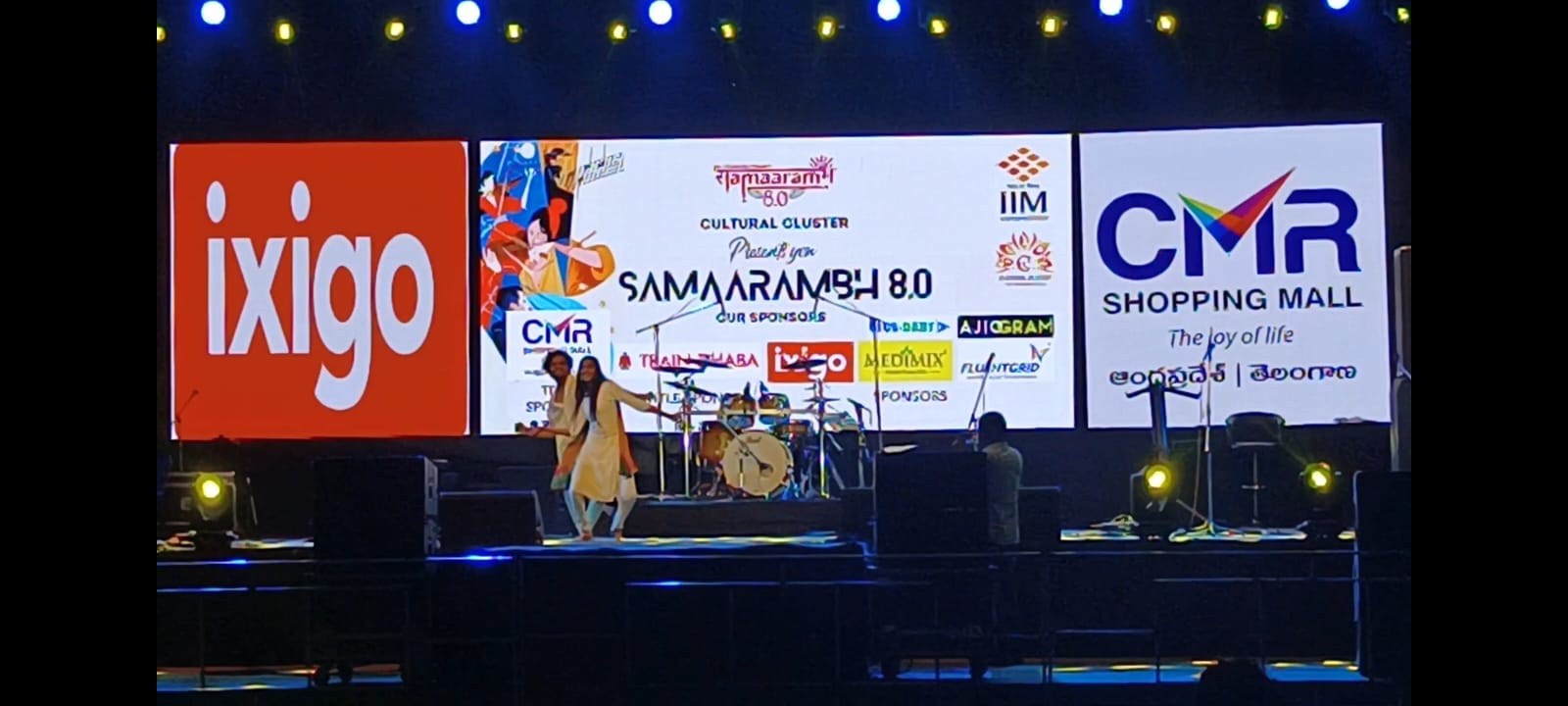
DUET PERFORMANCE IN SAMAARAMBH
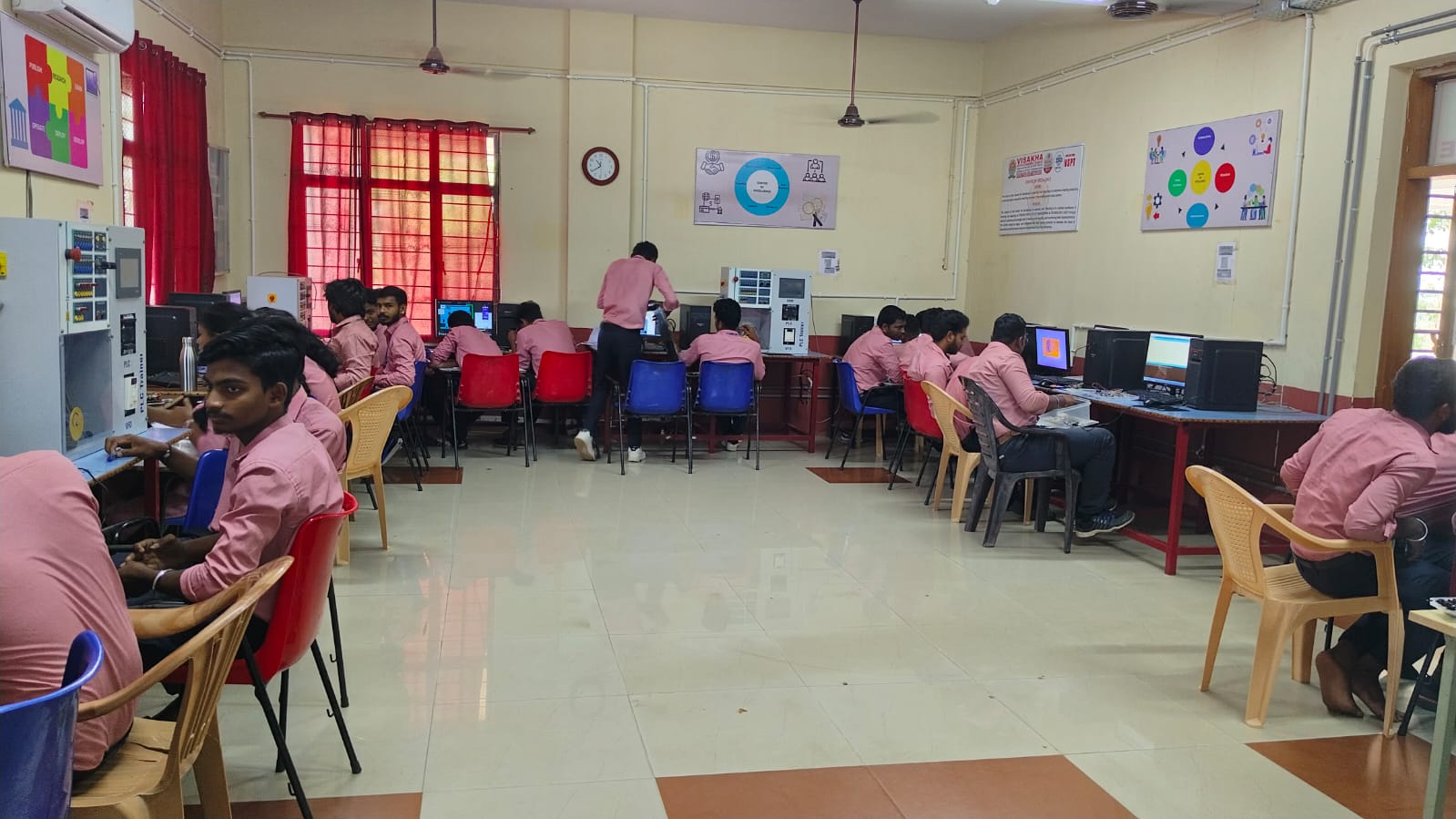
SKILL ORIENTED SESSION ON IOT
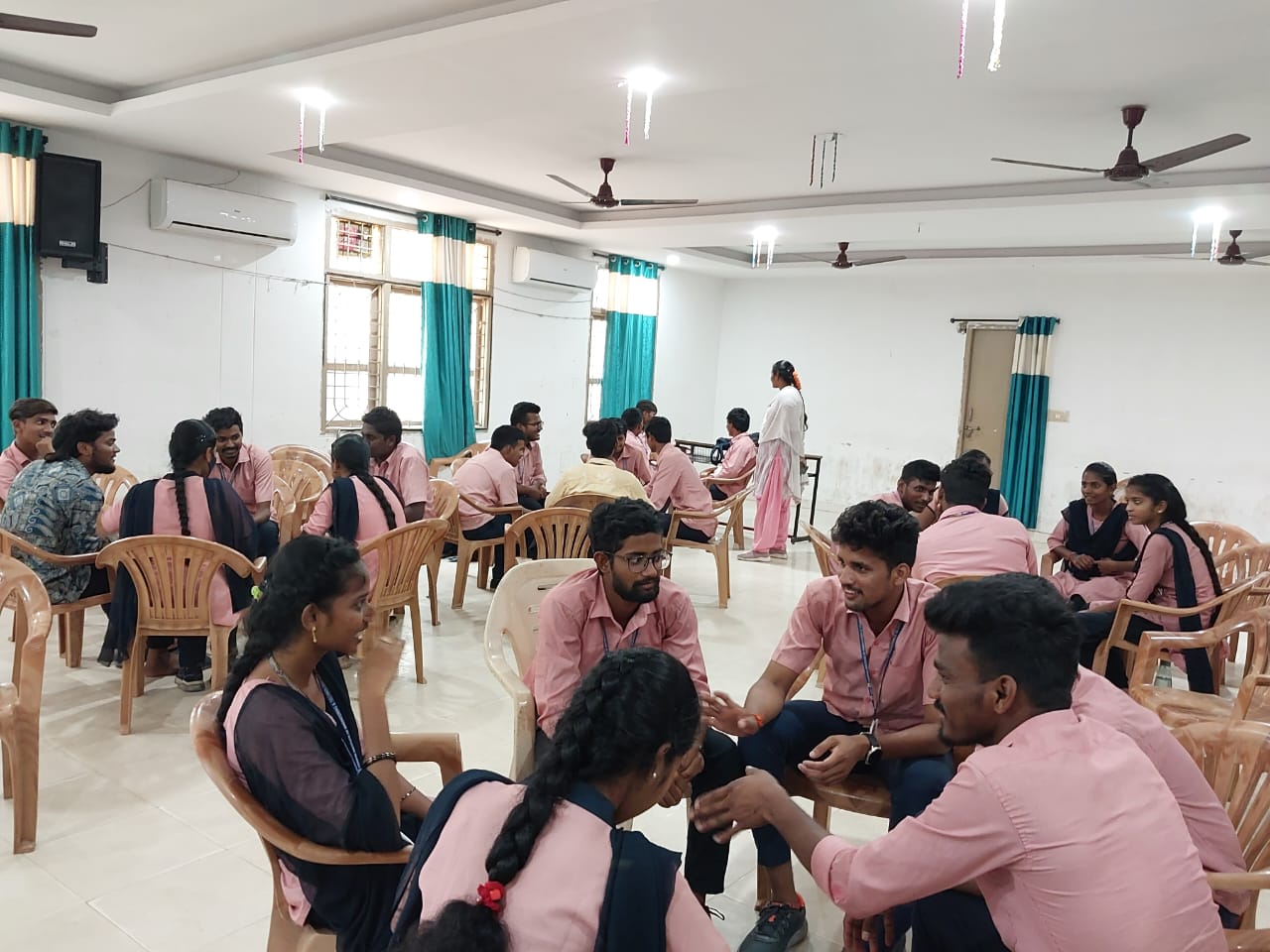
GROUP DISCUSSION
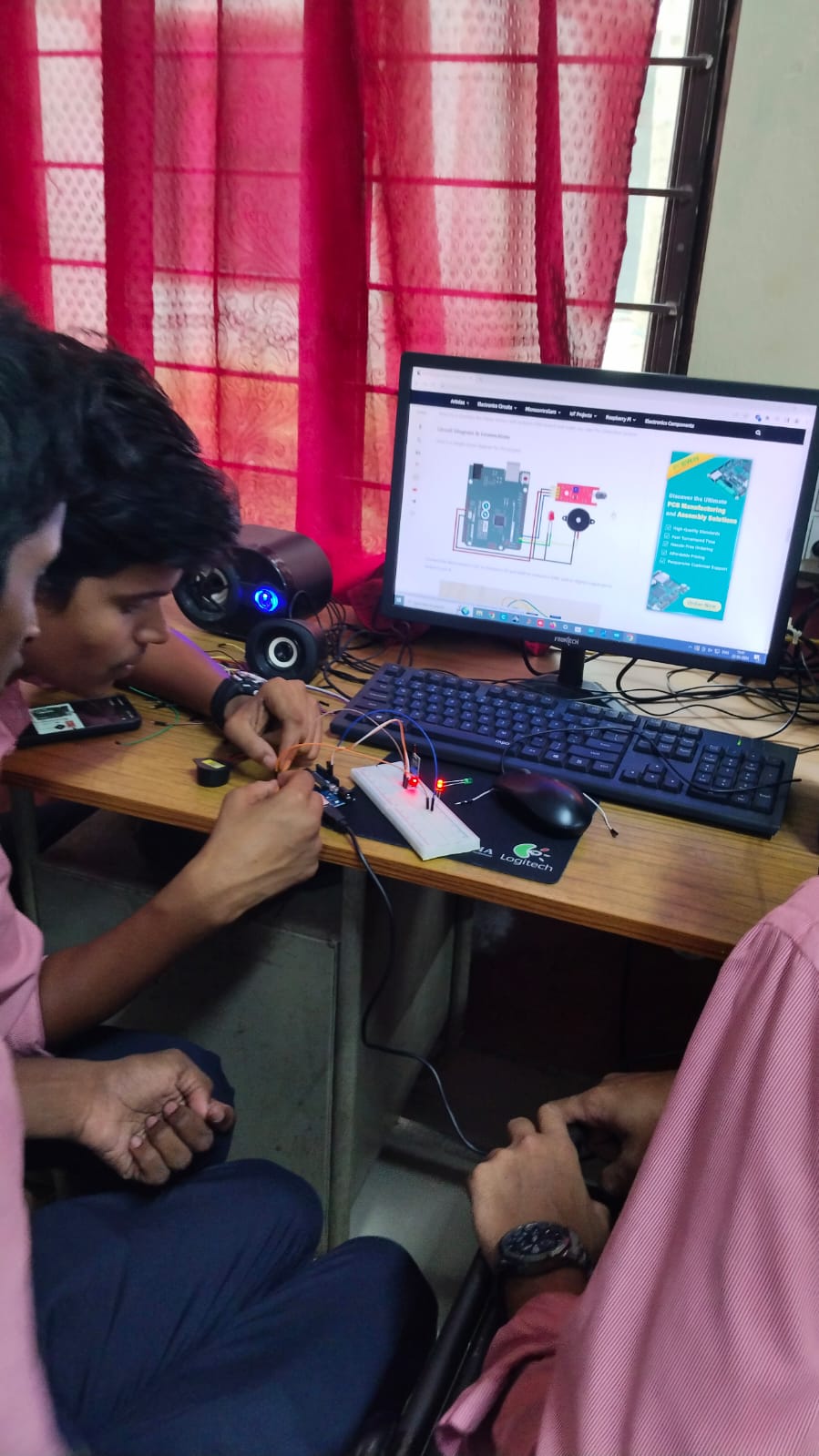
HANDS ON EXPERIENCE FOR SKILL ORIENTED SUBJECT IOT
.jpeg)
WORKSHOP ON Applications of Automated Machine Learning in Electrical Industry
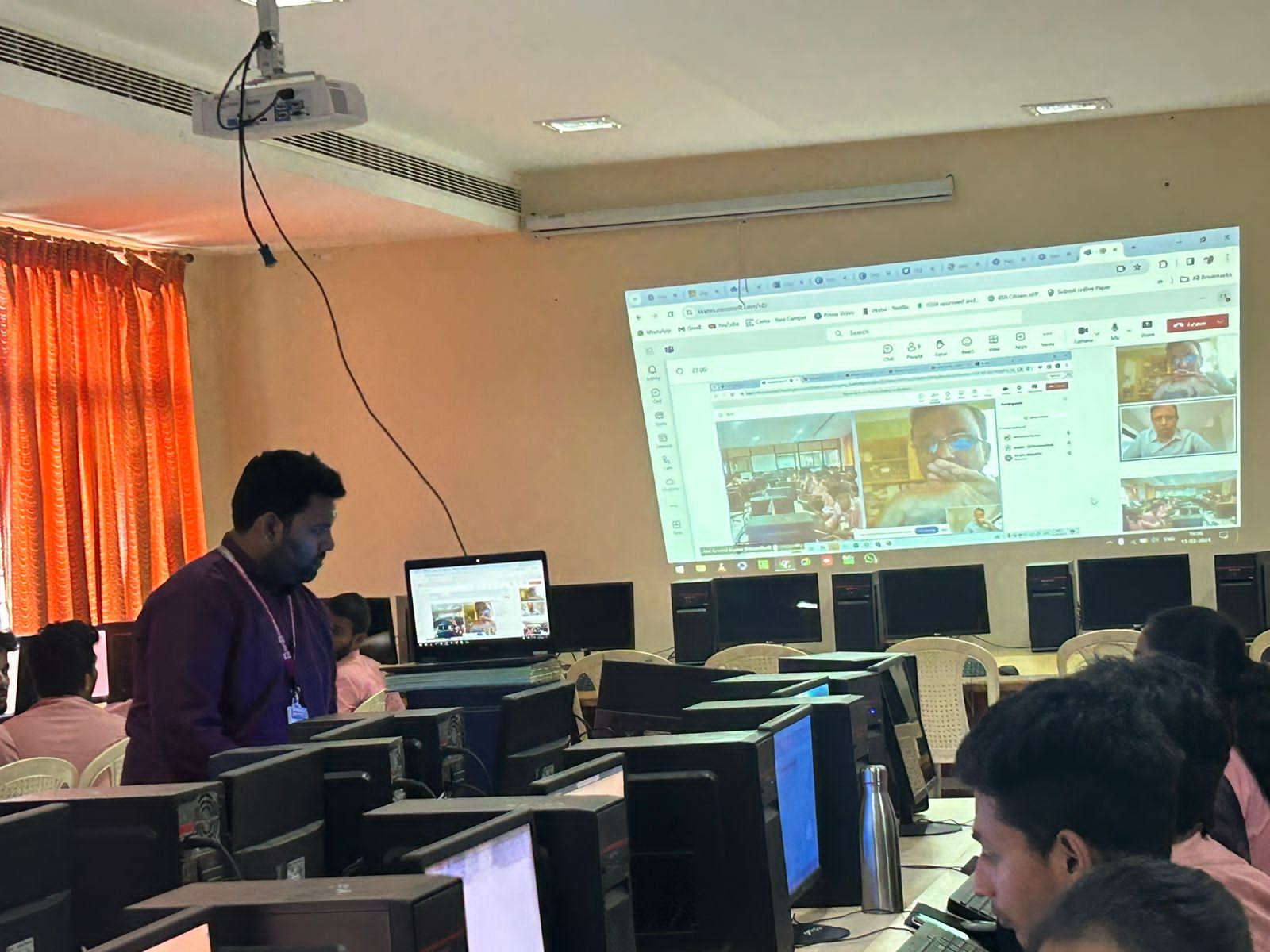
WORKSHOP ON Applications of Automated Machine Learning in Electrical Industry
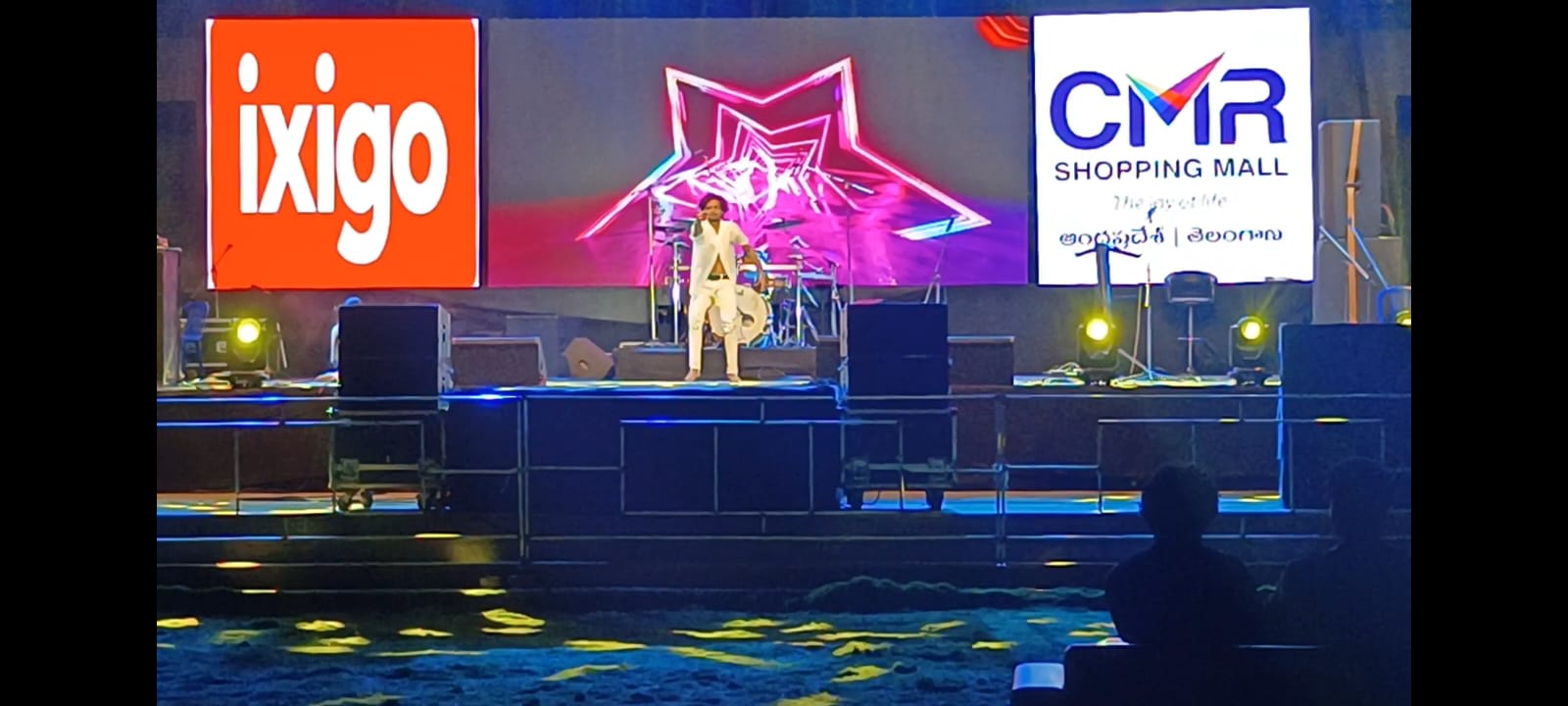
SOLO PERFORMANCE IN SAMAARAMBH
Internship
Click here for Internship : Click Here
Placement
Click here for Placement : Click Here
Alumni
Click here for Alumini's : Click Here
Contact Details
